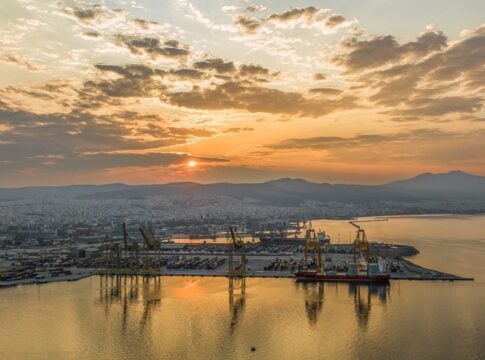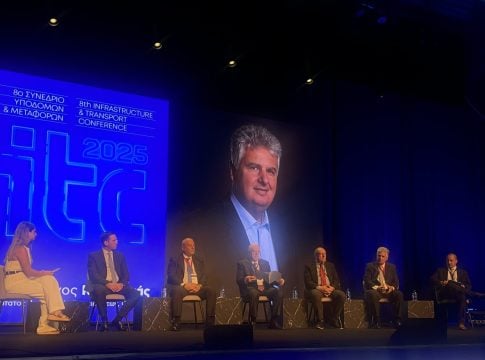There is little chance that the member states of the International Maritime Organization (IMO) will reach an agreement on the adoption of a market-based measure on carbon dioxide, as part of the work of the IMO’s Environment Committee taking place this week in London.
At the same time, the European Commission’s initiative to include shipping in the Emissions Trading System has caused great concern over the possibility that other major economies of the world will adopt similar measures, which will create major problems in international trade. Already China, which has submitted its own proposal to the IMO that does not include a separate economic measure, has left open the possibility of adopting its own regional measure if the EU will not draw up the EU ETS.
The US has also expressed concern over the possibility that the government will follow the example of the EU.
International shipping organizations argue that regional regulations cannot achieve the goal of the green transition of shipping, while many point out, at least behind closed doors, that these measures are purely revenue-generating.
At the CMA held in the US, lawyers pointed out that “the US would be wise to continue to see whether a global system emerges that creates a level playing field internationally. Let’s wait and see what happens, even if it takes several years.”
It was also emphasized that if shipping is to be regulated effectively, it would be better to do so on a global scale rather than having different emissions trading systems. It was also highlighted that the upcoming US presidential election will be critical in choosing the priorities of future governments and could affect any progress on the Emissions Trading System (ETS).
“The general idea was that once the IMO introduced its own ETS, then the regions would adapt. But I don’t know if any of us have confidence in that,” US shipping industry representatives said, adding: “It will raise the cost of shipping. I think that’s a very important concern, especially when industry is already investing in decarbonization more effectively than these organizations will.”















